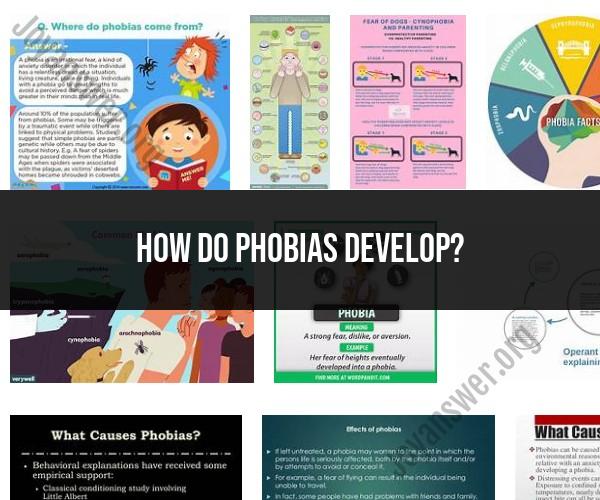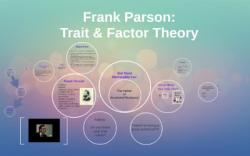How do phobias develop?
The development of phobias, which are intense and irrational fears of specific objects or situations, is a complex process influenced by a combination of genetic, environmental, psychological, and cognitive factors. While the exact mechanisms are not fully understood, there are several theories and insights that help shed light on how phobias can form.
Biological Factors:
- Genetics: There is evidence to suggest that genetics play a role in the development of phobias. Some people may be genetically predisposed to be more sensitive to fear or anxiety, making them more likely to develop phobias in response to certain stimuli.
Learning Theories:
- Classical Conditioning: One of the most well-known theories of phobia development is classical conditioning. This theory suggests that phobias can develop when a person associates a neutral or even positive stimulus with a traumatic or fear-inducing event. For example, if someone has a traumatic experience with a dog, they may develop a phobia of dogs.
- Operant Conditioning: Phobias can also develop through operant conditioning, where a person learns to avoid a feared stimulus because avoidance is rewarded by a reduction in anxiety. Over time, this avoidance behavior can reinforce the fear.
Observational Learning:
- People can develop phobias by observing others' fearful reactions to a particular stimulus. If a child sees their parent or caregiver react with fear or anxiety to spiders, for instance, they may learn to fear spiders themselves.
Cognitive Factors:
- Cognitive Biases: Individuals with certain cognitive biases, such as catastrophizing (assuming the worst possible outcome) or selective attention to threatening stimuli, may be more prone to developing and maintaining phobias.
- Memory Distortions: Memories of traumatic or fearful events can become distorted over time, making the fear associated with a particular stimulus more intense and persistent.
Evolutionary Perspective:
- Some researchers argue that certain phobias, such as fear of snakes or spiders, may have an evolutionary basis. Humans may have developed these fears as a survival mechanism, as avoiding potentially dangerous animals could increase the chances of survival.
Trauma and Stress:
- Traumatic experiences, especially during childhood, can increase the risk of developing phobias. A traumatic event related to a specific stimulus can create a lasting association between that stimulus and fear.
Social and Cultural Factors:
- Cultural and societal factors can also play a role in the development of phobias. Some phobias may be more prevalent in certain cultures or societies due to cultural beliefs and norms.
Personality Factors:
- Certain personality traits, such as high neuroticism or a tendency to be anxious, may predispose individuals to develop phobias.
It's important to note that the development of phobias is a highly individualized process, and not everyone who encounters a traumatic event or a feared stimulus will develop a phobia. Treatment options for phobias often involve a combination of cognitive-behavioral therapy (CBT), exposure therapy, and medication. These therapies aim to help individuals confront and manage their fears, gradually reducing their phobic reactions. Early intervention can be particularly effective in preventing phobias from becoming more deeply ingrained over time.












